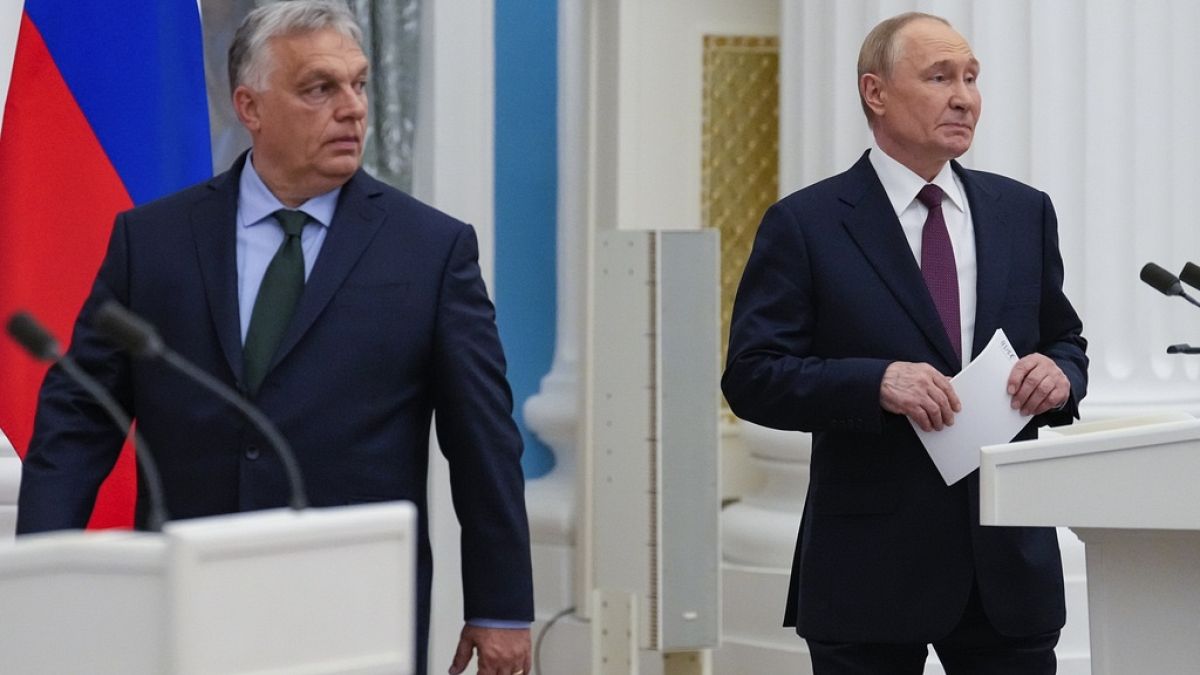The European Commission is closely monitoring the oil supply situation between Slovakia, Hungary, and Ukraine following Kyiv’s sanctions against Russian oil firm Lukoil. The two countries have been receiving oil through the Druzhba pipeline, prompting concerns about potential shortages after the sanctions were imposed. While there is no immediate risk of shortages, further details are needed to confirm that oil transit operations will not be affected by the sanctions.
Ukraine’s Prime Minister has criticized Slovakia and Hungary for their response to the sanctions, accusing them of being highly politicized and manipulative. He emphasized that the real threat to these countries comes from Russia and commended the EU Commission for supporting countries that are diversifying their energy sources. The EU executive has concluded that there is no need for urgent consultations at this time, as preliminary analysis suggests that missing volumes from Lukoil have been replaced by other suppliers through the same pipeline.
European officials have emphasized the need to maintain security of oil supplies in the region, particularly as winter approaches. Only a small percentage of Europe’s crude oil supplies come from Russia, and alternative pipeline routes have sufficient capacity to meet the needs of Slovakia and Hungary. Both countries have requested intervention from the EU executive under the EU-Ukraine Association Agreement, which was signed to deepen political and trade ties between the EU and Ukraine.
The ongoing dispute over oil transit underscores broader diplomatic tensions between Brussels and Budapest, particularly regarding Hungary’s stance on sanctions against Russia and aid to Ukraine. Hungary’s foreign minister has accused the EU Commission of being weak and incapable of defending the interests of member states, suggesting that the oil squeeze may have been created to pressure Hungary and Slovakia. Until the issue of oil transit is resolved, Hungary has threatened to block military aid to Ukraine through the European Peace Facility.
As the situation evolves, the European Commission continues to seek further details from Slovakia and Hungary to ensure the uninterrupted flow of oil supplies through the Druzhba pipeline. The Commission remains committed to supporting EU countries in diversifying their energy sources and mitigating potential disruptions in the oil market. While the immediate security of supply concerns have been addressed, ongoing dialogue between all parties involved will be crucial to maintaining stability in the region’s energy sector.











